Top 7 Russian habits and things that surprise foreigners
Each nation is unique and has a set of its own unique habits and things that can surprise people from other cultures. In this regard, Russia is no exception, so let’s see what may surprise you as a foreigner in Russia.
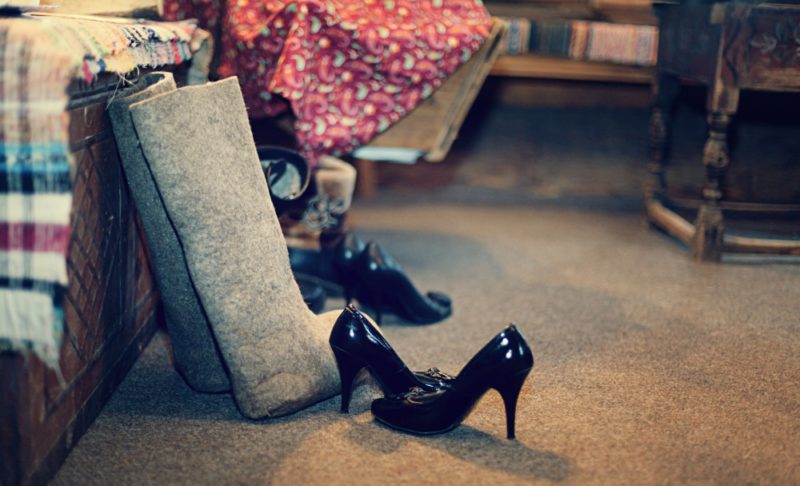
1. Тапочки (home slippers)
This piece of home attire has puzzled almost all foreigners who have visited Russian houses. It’s not clear for everyone why the Russians change their street shoes to home slippers when you can keep your shoes (like in some cultures) or simply walk barefoot at home (like in others). Even more surprising is when a foreign guest is offered a special “guest” pair of slippers.
The answer here is very simple: Russians remove their street shoes to avoid dirt and germs from outside, plus the shoes can be too warm to be worn inside, but walking barefoot in the apartment is often too cold, so they put on the slippers.
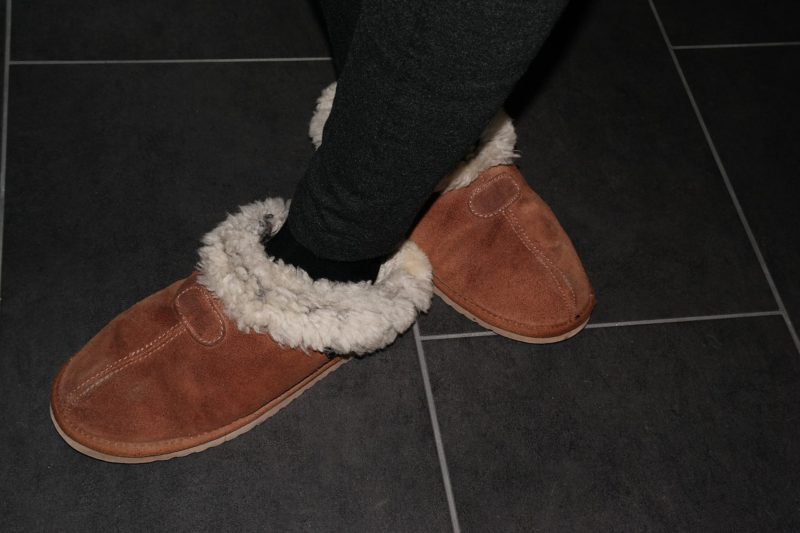
2. Заварочный чайник (the teapot)
If you have ever been a guest in a Russian house, then you might have noticed the unusual way, for many people, the Russians make tea, and maybe a strange object resembling a doll in the kitchen.
Russians are famous tea lovers and they are very practical about it. To make the tea, they have a special ceramic or glass teapot (зава́рочный ча́йник). The tea in such a teapot is usually made very very strong and has to be diluted in a cup with hot water from the teakettle.
Such arrangement solves various problems. First of all, it’s enough to make one teapot to drink the tea all day long by just adding hot water. Secondly, everybody can adjust the drink to their own liking by adding more or less water and making the tea more or less stronger. And last but not least, if the tea itself gets cold, the added hot water overcomes it and you always have a hot tea.
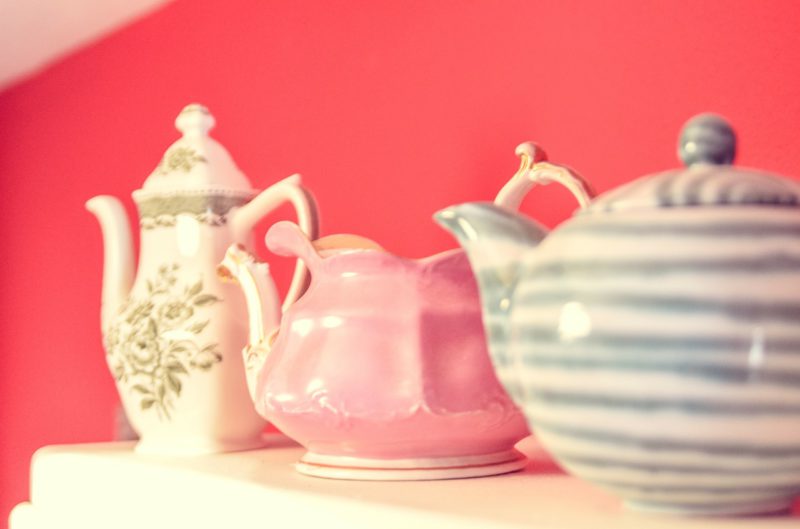
To help the tea reveal its full aroma, Russians put a «баба на чайник» (lit. – “woman-on-teapot”, tea cosy doll) on top of the teapot – a special cover made of warm fabric or wool in the form of a female silhouette to keep the temperature in the teapot high as long as possible.
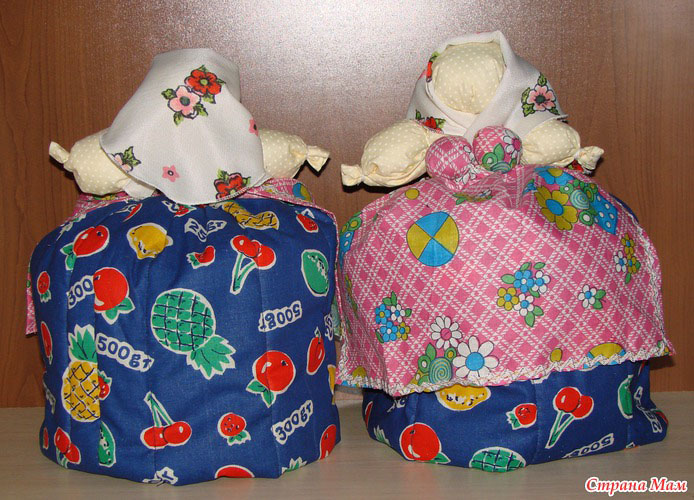
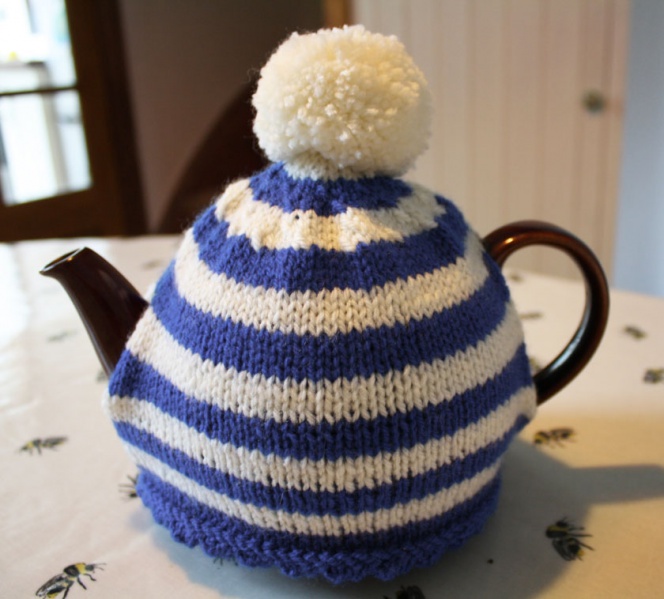
3. Apartment and building doors
The facades of residential buildings in Russia often surprise foreigners with their non-aesthetic and depressive look. It must be said that 80% of residential buildings in Russia were built in Soviet times during the period of large-scale and mass construction. Simplicity and speed were valued more than the beauty. Inside the building, another surprise can also await you. For example, a friend of mine who lived in Russia was very surprised when he saw the front door of an apartment looking like a door to a bank safe. This tradition started in troubled 90-s, when the crime was flourishing and people became scared for their belongings. Today the crime is much lower, but some people keep installing massive doors by habit.
4. Constant airing
These days the whole world is trying to follow the trend of reasonable use of resources. But special ventilation or heating systems such as, for example, in Germany, where you regulate the temperature of the heater by yourself, in many places of Russia remain exotic. Simultaneous open windows for ventilation and hot radiators cause indignation of many foreigners in Russia.
The problem is that the residential buildings from the Soviet era are equipped with a central heating system that is not controllable from the apartment. When the temperature outside drops below +8 degrees C for five consecutive days, the system is switched on and stays on until the weather becomes warm again. Therefore, the only way to make a comfortable temperature at home or in the office is to open a window.
5. Russians love the old Soviet movies
Despite the fact that Russians have different attitudes towards the Soviet power, everyone is united in their love for the Soviet movies and like to watch and re-watch them many times. Many foreigners get very surprised when Russians begin to speak with quotes from the movies. Not many also understand why the movies should be watched again. Once I told my students that I watched the film “Irony of Fate, or Enjoy Your Bath!” at least 15 times, to which my whole group responded equally: “Why?! You already know what will happen in the end!”
6. Pouring yourself with cold water and swimming in ice-holes
Voluntary pouring cold water on yourself while standing on the snow and swimming in icy water terrifies many foreigners. Although it is proved that such procedures strengthen the immune system, the body and even the soul. In USSR there was even a song about it:
Закаляйся,
Если хочешь быть здоров.
Постарайся
позабыть про докторов,
Водой холодной обливайся
Если хочешь быть здоров.
Pour cold water on yourself,
If you want to be healthy.
Do your best
to forget about the doctors,
Pour cold water on yourself,
If you want to be healthy.
Not so long ago, these Russian habits were almost forgotten, but every year they are gaining more and more popularity. My friends, who once watched people swimming in the Ladoga River at a temperature of -5 said only one phrase: “We are cold just to look at them”.
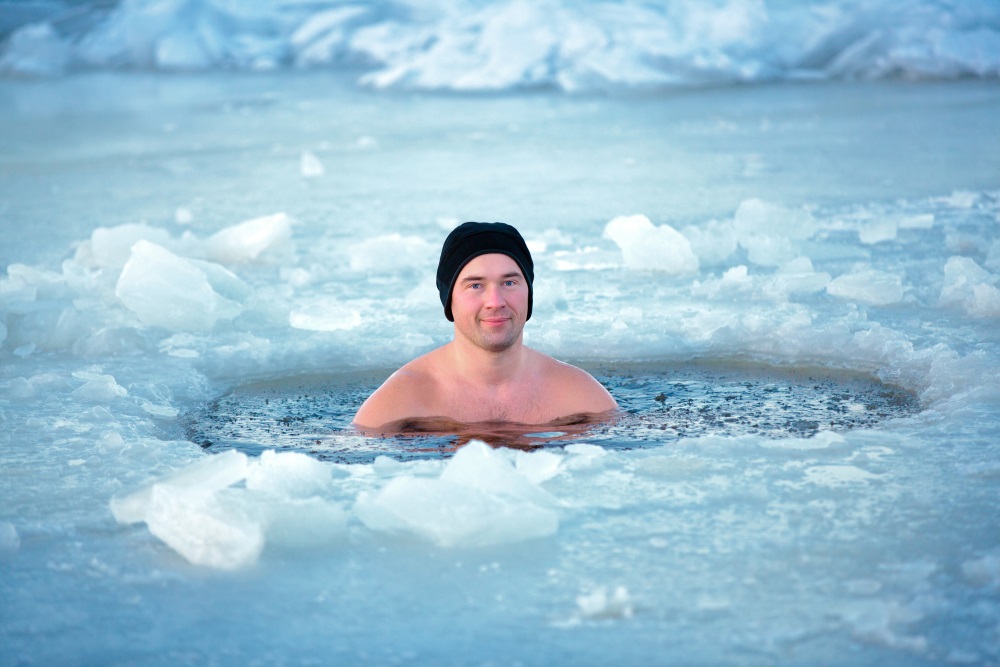
7. Toasts
An integral part of each Russian feast are the toasts. Russian toast is much more than English “Cheers!” or German “Prost!”. Both in duration and in content. A person saying a toast must mention all the most important things and make his/her toast as logical, complete, and beautiful as possible. Sometimes toasts can last for more than 5 minutes which confuses some foreigners.
Also, some people think that the Russians use the phrases «На здоровье!» (“To your health!”) or «Вздрогнем!» (“Shudder!”) as a toast, but it actually comes from foreign movies about Russia. In fact no one says that.
Of course, this is not the full list of surprising Russian habits that you might notice when you are in Russia or among your Russian friends or colleagues.
What interesting Russian habits did you notice? Let us know in the comments!

Culturologist, professor of Russian as a foreign language and promoter of Russian culture.
Aleksandra gives Russian lessons via Skype.






